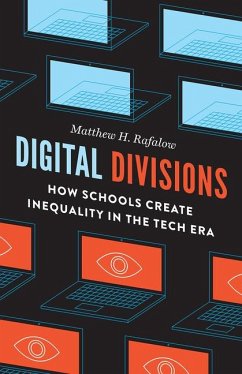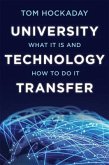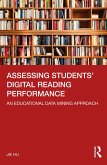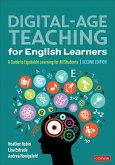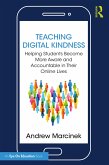"As schools catch up to the digital age, they are part of a nationwide effort to close gaps in access to technology, also known as the "digital divide," so that young people from all parts of society have the opportunities that access to technology provides. Most students, however, already come to school with digital knowledge honed through activities with friends online. In Digital Divisions, Matthew H. Rafalow reveals that these digital skills are classified differently based on students' race and class. Through case studies at middle schools serving, variously, affluent, middle-income, and low-income students, Rafalow explores how schools produce users of digital technology. Teachers working to bring tech into the classroom regularly treat affluent white students as "innovators" and Asian Americans as "hackers." Poor and Latinx students were rarely recognized for their creative digital skills and were treated either as benign immigrant workers or, worse yet, troublemaking future gang members. He finds that, in their interactions with peers, students at all three schools use digital technology in sophisticated and creative ways. However, only the teachers in the school serving (mostly white) affluent students help translate the skills students develop through their digital play into educational capital. Closing the digital divide, Rafalow shows, is about much more than access: it's about attitudes"--
Hinweis: Dieser Artikel kann nur an eine deutsche Lieferadresse ausgeliefert werden.
Hinweis: Dieser Artikel kann nur an eine deutsche Lieferadresse ausgeliefert werden.

